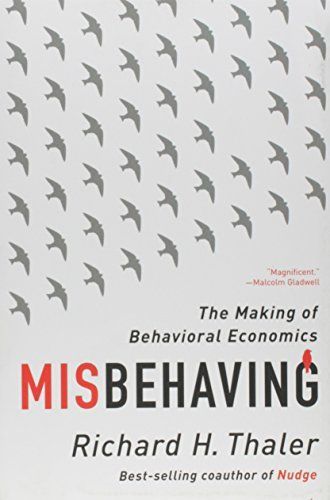
Reviews
Jowanza Joseph@josep2
krisha mathur@krisha007
Omar@omareduardo
Ella@ellajs
Manasi Gajjalapurna@manasigajjalapurna
Ashley Stevens@iamash
Bruno Costa Teixeira@brunoctxa
Alvaro@alvaroaleman
Jens Madsen@ingemann
Róbert Istók@robertistok
Misha@yagudin
Beau@hyggeligbo
Keven Wang@kevenwang
Sang Park@spk
JM Benedetto@jmbenedetto
Jamie Brynes@jamiebrynes7
Reiko Fu@reiko
John Elbing@palebluedot
garima mamgain@garima
Mike Radvak@radvak
Luuk Hackeng@hackeng
Liam Byrne @tvtimelimit
Alex Jones@alexj
James Maskell@jmaskell